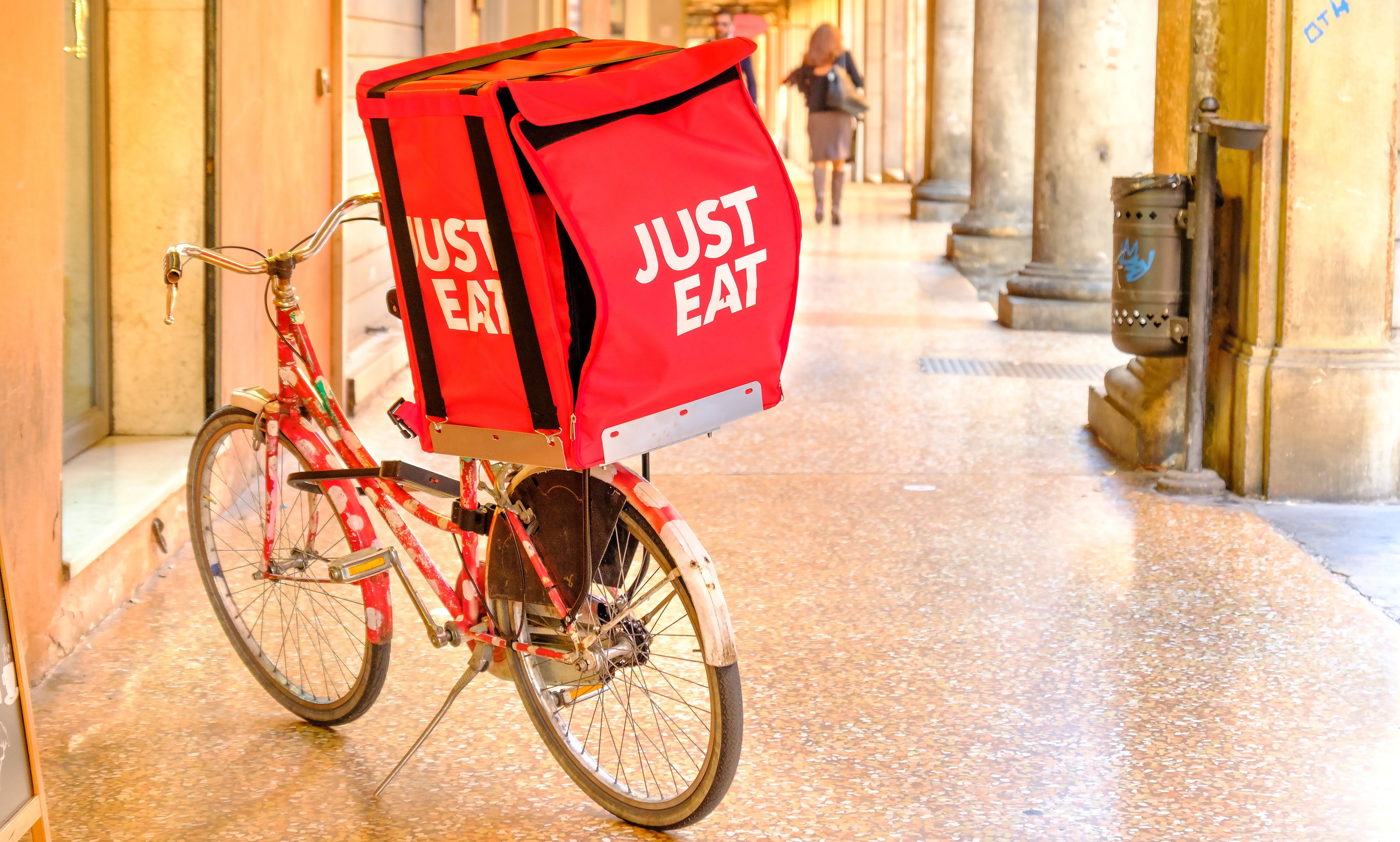
Last month Just Eat announced that it had topped 300 million restaurant orders; a positive piece of news from a company that just a few days earlier made headlines for an investigation into its attempts to merge with fellow restaurant aggregator, Hungryhouse.
You might wonder, what is the problem with Just Eat buying Hungryhouse? Or, in fact, with similar mergers?
Just Eat charges restaurants commission fees falling somewhere between 12% and 14%, severely cutting into restaurants’ already slim margins. Its role is as a broker, a third party that exists in a space between restaurants and their customers; it uses this position to claim online customer data is its property, not a restaurant’s.
With a Hungryhouse merger on the horizon, Just Eat will move towards a holding a monopoly on the food mobile ordering market in the UK. A key concern of the Competition and Markets Authority (CMA) is that such a monopoly, whether it belongs to Just Eat or another, would allow the holder to trap its restaurants into a cycle, charging ever-higher fees.
Technology investment
Mobile and online ordering have been gaining momentum fast. In May, a GO Technology report claimed 40% of 25 to 34-year-olds prefer to use their smartphone to order food and drink than queue at the bar or wait for table service. Names across the market are investing in the technology, either by appearing on an aggregator, as in Pizza Express’ deal with Deliveroo, or having their own app such as London’s Camm & Hooper.
Just Eat’s aggregator service is seen by many as offering the most accessible route to online and mobile ordering. This causes restaurants to (wrongly) feel it is the only way they can continue be successful and profitable. Because of this, in the event of a merger with Hungryhouse, those same restaurants will feel under pressure to pay whatever fees Just Eat sets.
What is encouraging is the growing number of restaurants that have found launching their own mobile app and web alternatives is achievable and affordable. By no longer relying on the Just Eat model they’re declaring a desire for independence and refusing ridiculous fees. And by having customers come direct, they are able to glean greater margins on each order. What’s more, they are keeping their precious order data, allowing them to improve internal operations, marketing and customer loyalty.
The fact is, restaurant customers are loyal to the outlets they buy from, not to Just Eat or Deliveroo. Now is the time for these restaurants to launch their own mobile and online pre-ordering offerings. Their faithful customers will follow them off Just Eat and they will see their profits soar because they won’t lose a huge percentage of every order to another business.
Andrew White, CEO, Preoday
